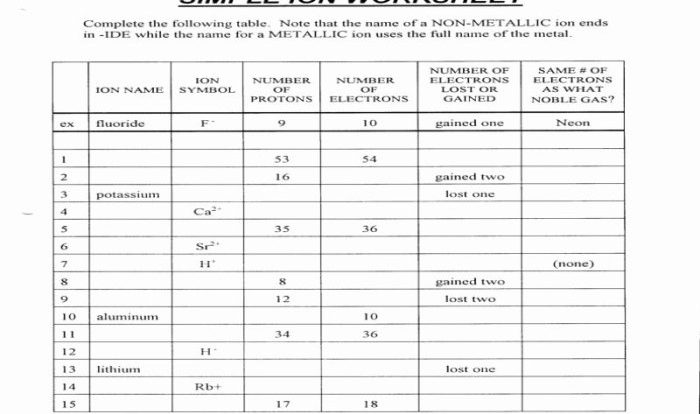Embark on a captivating scientific odyssey with the Bill Nye Chemical Reactions Answer Key, a comprehensive guide that illuminates the intricacies of chemical reactions. Join Bill Nye, the beloved science educator, as he unravels the mysteries of these fundamental processes that shape our world.
Delve into the diverse types of chemical reactions, from synthesis to combustion, exploring their characteristics and applications. Discover the factors that govern the rates and outcomes of reactions, including temperature, concentration, and catalysts. Witness the practical implications of chemical reactions in fields like medicine, industry, and agriculture.
Introduction: Bill Nye Chemical Reactions Answer Key
Chemical reactions are essential to science and our daily lives. They are responsible for everything from the food we eat to the air we breathe. A chemical reaction is a process that involves the rearrangement of atoms and molecules to form new substances.
Bill Nye is a renowned science educator who has played a significant role in promoting the understanding of chemical reactions. Through his television shows and books, Nye has made complex scientific concepts accessible to a wide audience.
Types of Chemical Reactions
There are many different types of chemical reactions, each with its own characteristics and key features. Some of the most common types of reactions include:
- Synthesis reactions: Two or more substances combine to form a single product.
- Decomposition reactions: A single substance breaks down into two or more products.
- Single displacement reactions: One element replaces another element in a compound.
- Double displacement reactions: Two compounds exchange ions to form two new compounds.
- Combustion reactions: A substance reacts with oxygen to produce heat and light.
Factors Affecting Chemical Reactions, Bill nye chemical reactions answer key
The rate and extent of chemical reactions can be influenced by several factors, including:
- Temperature: Higher temperatures increase the rate of reactions.
- Concentration: Higher concentrations of reactants increase the rate of reactions.
- Surface area: Increasing the surface area of reactants increases the rate of reactions.
- Presence of a catalyst: A catalyst is a substance that speeds up a reaction without being consumed.
Applications of Chemical Reactions
Chemical reactions have a wide range of applications in various fields, including:
- Medicine: Chemical reactions are used to produce pharmaceuticals, such as antibiotics and vaccines.
- Industry: Chemical reactions are used to produce plastics, fertilizers, and other materials.
- Agriculture: Chemical reactions are used to produce fertilizers and pesticides.
Safety Considerations
It is important to handle chemicals and chemical reactions with care. Potential hazards associated with chemicals include:
- Toxicity: Some chemicals are poisonous and can cause health problems if ingested, inhaled, or absorbed through the skin.
- Flammability: Some chemicals are flammable and can catch fire easily.
- Reactivity: Some chemicals are reactive and can explode or react violently with other substances.
To ensure safety when working with chemicals, it is important to follow proper safety guidelines, such as wearing protective clothing and eyewear, and working in a well-ventilated area.
FAQ Summary
What is the significance of chemical reactions?
Chemical reactions are the driving force behind countless natural phenomena and technological advancements, enabling the formation of new substances, energy transformations, and the sustenance of life.
How does Bill Nye contribute to the understanding of chemical reactions?
Bill Nye, through his engaging and accessible educational programs, has played a pivotal role in demystifying chemical reactions and fostering scientific literacy among diverse audiences.
What are the different types of chemical reactions?
Chemical reactions can be classified into various types, including synthesis, decomposition, single displacement, double displacement, and combustion, each with its unique characteristics and applications.
What factors influence the rate of chemical reactions?
Temperature, concentration, surface area, and the presence of catalysts are key factors that affect the rate at which chemical reactions occur.
How are chemical reactions applied in practical settings?
Chemical reactions find widespread applications in fields such as medicine (drug synthesis), industry (chemical manufacturing), and agriculture (fertilizer production), shaping our daily lives and technological advancements.
